
Photo
(Quercus rubra) Several species of oak can be found growing in the cove forest, and Red Oak is perhaps most frequently encountered. This tree has leaves with sharp lobes and bristles at the tips and...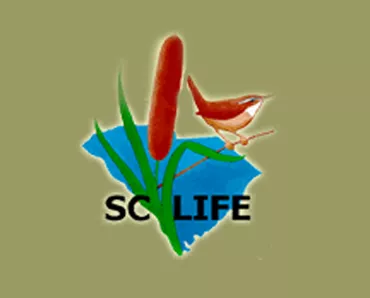
Take a virtual field trip to a South Carolina cove forest and a salt marsh. These virtual field trips were produced in collaboration between Clemson University's SC LIFE Project and South Carolina ETV. The virtual field trips were designed specifically for schools lacking easy access to natural areas.
The SC LIFE Project, supported by an award to Clemson University from the Howard Hughes Medical Institute Undergraduate Science Education Program, uses the natural history of South Carolina (and the Southeast) to illustrate basic biological concepts and to stimulate inquiry-based learning. The SC LIFE Program serves elementary, middle and high school students and teachers. The target grade level of the SC LIFE Virtual Field Trips content is middle school.
SC LIFE materials are available for use only in non-profit educational activities. Any other uses, including activities involving fees for instruction and/or materials, must receive permission from the SC LIFE Project Director. Contact SC LIFE Project Office, 132 Long Hall, Clemson, SC 29634, 864-656-4224, with questions about any of our SC LIFE materials or programs.

Photo
(Quercus rubra) Several species of oak can be found growing in the cove forest, and Red Oak is perhaps most frequently encountered. This tree has leaves with sharp lobes and bristles at the tips and...
Photo
(Vireo olivaceus) One of the most common birds in the cove forest, but rarely seen since this species feeds in the treetops. This species is usually in the top ten list of common birds in mature oak...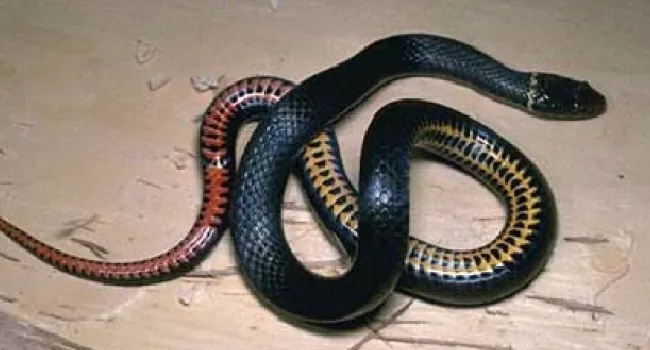
Photo
(Diadophis punctatus) The ringneck is very secretive and highly nocturnal. They are found under logs and rocks in moist areas. Earthworms and small salamanders are their chief prey.
Photo
(Rhododendron maxiumum) This evergreen shrub or small tree forms dense thickets in cool, moist, partially shaded sites such as stream banks, ravines and mountain slopes. It has thick leathery leaves...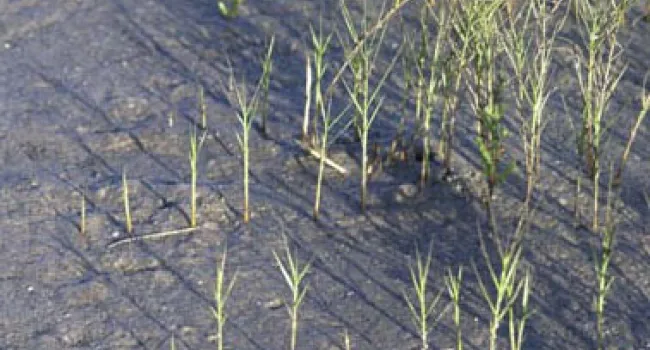
Photo
Salt grass sends underground stems called rhizomes into the salt flat. Sprouts from these rhizomes make stems and leaves above ground. You can see where the rhizome lies underground because the stems...
Document
Cove Forests are unique ecosystems found exclusively in North America, in the southern Appalachian Mountains of the United States. They are a special type of forest known as mixed decidous, meaning...
Photo
(Piranga olivacea) This species is also usually in the top ten list of common birds in mature oak-hickory and cove hardwood forests. Prefers to forage in oak trees and in forests with closed canopies...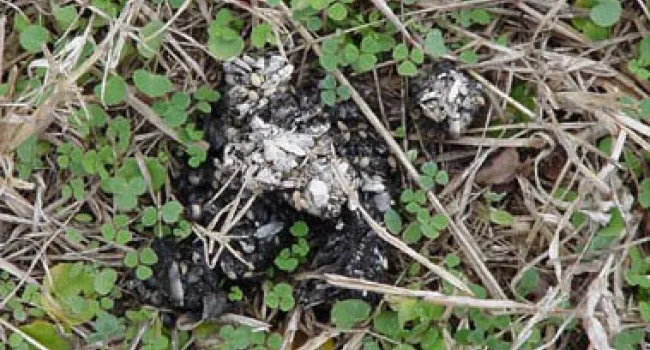
Photo
This scat is from the same animal. It ís full of seeds and the shells of fiddler crabs. Who ate them?
Photo
Three different species of shrimp are collected commercially from offshore and from the salt marsh. They are the pink shrimp, the brown shrimp, and the white shrimp. They are large, up to 10 inches in...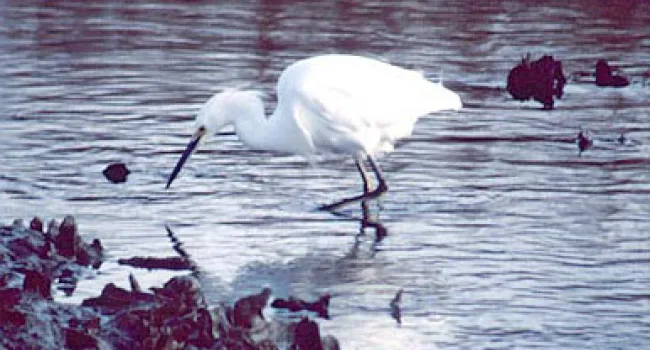
Photo
Snowy egrets are smaller versions of the great egret. They have white feathers, black legs with yellow feet, and a black bill. Snowies sometimes wade slowly through shallow water, stirring the mud...